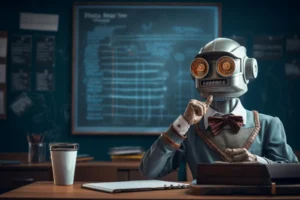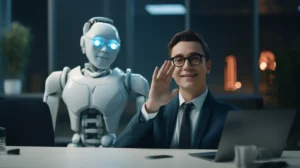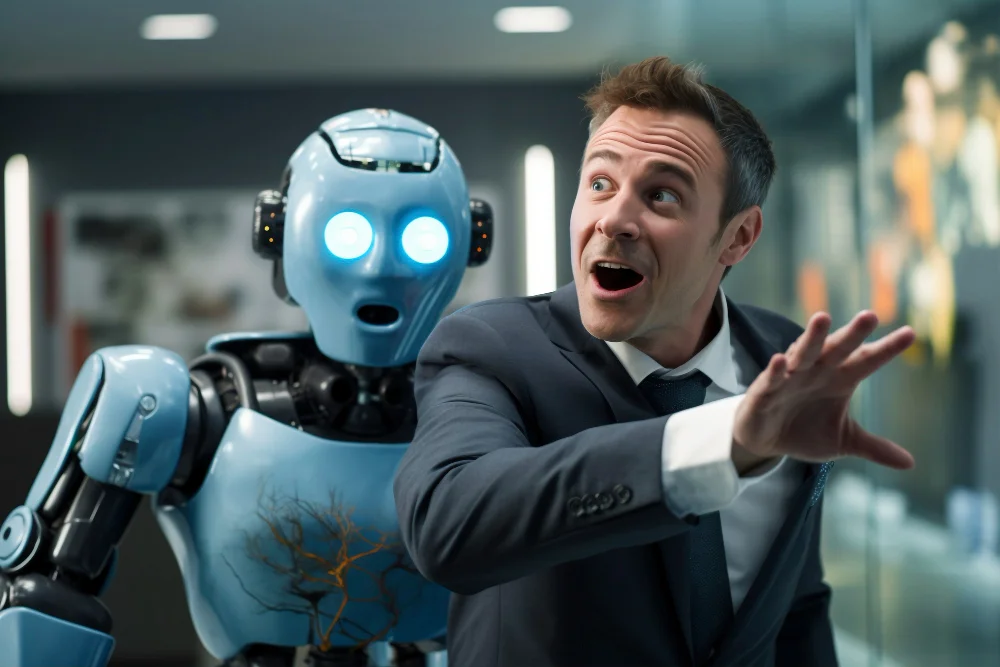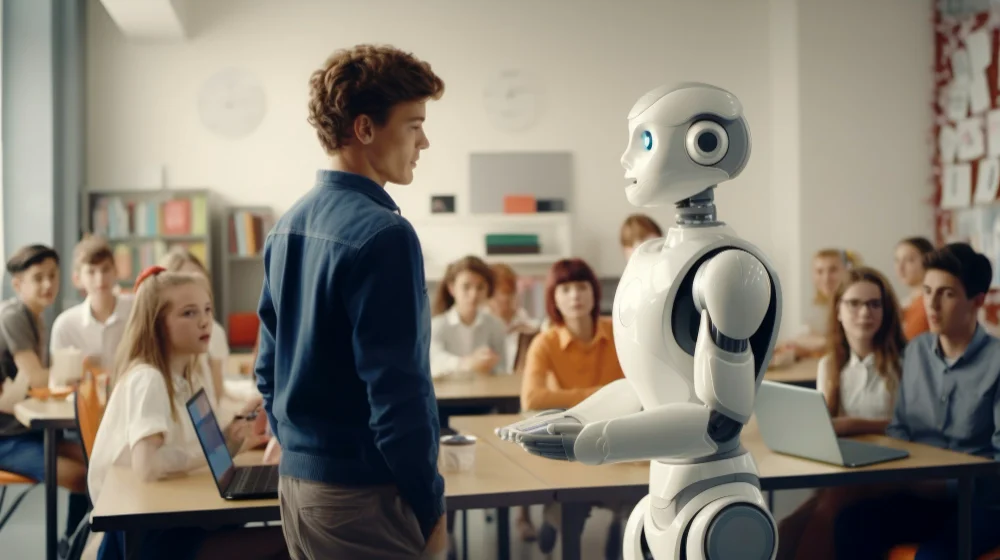Artificial Intelligence (AI) is rapidly changing the world of work. Every day, new AI technologies automate tasks that humans used to do. This shift has sparked an important debate: will AI replace jobs or create new ones? Experts have mixed opinions, and understanding both sides can help us prepare for the future. In this article, we’ll explore how AI affects jobs, what experts predict, and what it means for workers like you and me.
How AI is Replacing Jobs

AI is already automating many tasks across industries. Machines and software can perform repetitive, routine, and even some complex jobs faster and more accurately than humans. This leads to job displacement in certain sectors.
For example, factory jobs that involve repetitive assembly tasks are increasingly done by robots. AI-driven chatbots handle customer service inquiries without human intervention. Even jobs like telemarketing and data entry face significant threats from automation.
Examples of Jobs at Risk
Here are some common roles where AI is replacing human workers:
- Assembly line workers: Robots can work continuously on production lines, increasing efficiency and reducing errors.
- Cashiers: Self-checkout machines and AI-powered payment systems reduce the need for cashiers in retail.
- Telemarketers: AI voice bots can call customers and handle sales or surveys, sometimes better than humans.
- Data entry clerks: Optical character recognition and automated data processing reduce manual data entry jobs.
As AI technology advances, even more complex tasks may be automated. For instance, AI systems can now analyze legal documents or assist in medical diagnostics, impacting jobs in law and healthcare.
How AI is Creating New Jobs

While AI replaces some jobs, it also creates new opportunities. AI development requires a skilled workforce to build, maintain, and improve these systems. This demand has led to a boom in technology-related careers.
New roles include:
- AI specialists and engineers: Designing algorithms and AI systems.
- Data scientists: Analyzing data to train AI models.
- AI ethics experts: Ensuring AI use is fair and ethical.
- AI trainers: Teaching AI systems how to understand language or recognize images.
Beyond these, AI encourages innovation and entrepreneurship. Many startups use AI to create new products and services, which in turn generate jobs in marketing, sales, and customer support.
Skills Needed for Future Jobs
To take advantage of AI’s benefits, workers need to develop skills that machines cannot easily replace. These include:
- Technical skills: Programming, machine learning, and data analysis.
- Critical thinking: Problem-solving and adapting to new challenges.
- Creativity: Designing new ideas and approaches.
- Emotional intelligence: Communicating and collaborating effectively with people.
Investing in education and continuous learning is crucial for staying relevant in the changing job market.
Expert Predictions on AI and Employment
Experts have varied predictions about AI’s impact on jobs.
Optimistic Views
Some economists and technologists believe AI will create more jobs than it destroys. They argue that AI increases productivity, leading to economic growth and new industries. For example, the rise of the internet also disrupted jobs but ultimately created millions of new ones.
Experts say that AI will change the nature of jobs rather than eliminate work entirely. Routine tasks will be automated, freeing humans to focus on higher-value, creative, and interpersonal roles.
Cautious Views
Other experts warn about the risks of widespread job displacement, especially for low-skilled workers. They highlight potential social challenges such as income inequality and unemployment spikes in certain sectors.
Futurists stress the importance of proactive policies, including social safety nets, retraining programs, and education reform, to address these challenges.
Balancing Job Displacement and Job Creation
The key to a successful AI future is balance. While AI will replace some jobs, it will also create many others. Managing this transition requires efforts from individuals, businesses, and governments.
Reskilling and Upskilling
Workers need access to training that helps them learn new skills. Companies can support this by offering on-the-job training and educational resources.
Government Role
Governments can invest in education systems that prepare future generations for AI-driven jobs. Policies should support displaced workers through unemployment benefits, job placement programs, and incentives for lifelong learning.
Corporate Responsibility
Businesses should plan for workforce changes by helping employees adapt. Responsible AI adoption includes considering social impacts and investing in human capital.
Conclusion
AI is reshaping the job market in profound ways. It will replace some jobs but also create exciting new opportunities. The future depends on how well society prepares for this change. By embracing new skills and supporting each other through the transition, we can build a future where humans and AI work together successfully.


